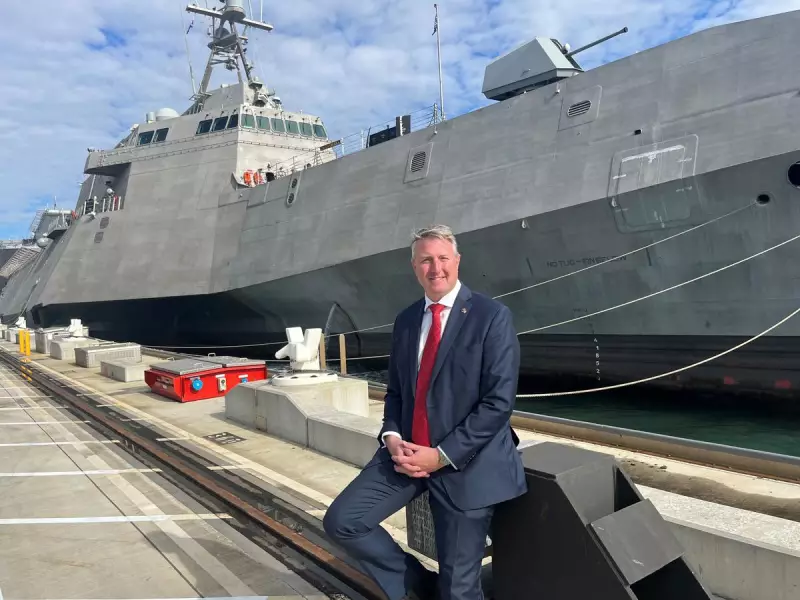
Australian shipbuilding giant Austal has issued a stark warning to Western Australian leaders, demanding less talk and more action on establishing a defence manufacturing precinct in Henderson. The company revealed that South Australia is actively attempting to poach their business, creating an urgent need for decisive movement on the long-promised facility.
The South Australian Threat
South Australia is mounting an aggressive campaign to lure Austal's operations away from Western Australia, according to company executives. This interstate competition highlights the critical timing for WA to secure its position in Australia's defence manufacturing landscape.
Austal chief executive Paddy Gregg emphasized the seriousness of the situation, stating that while discussions about the defence precinct have been ongoing for years, tangible progress remains elusive. The proposed Henderson defence hub would consolidate various defence manufacturing capabilities in one location, creating efficiencies and strengthening Australia's sovereign naval capabilities.
Strategic Importance of Henderson Facility
The planned defence precinct at Henderson represents more than just another industrial estate. This facility could become the cornerstone of Australia's naval shipbuilding strategy, supporting both domestic requirements and international export opportunities.
Austal's significant success in securing contracts with the United States Navy demonstrates the company's global competitiveness. However, without proper infrastructure support in WA, maintaining this competitive edge becomes increasingly challenging against determined interstate rivals.
The company's growing order book from international clients underscores the economic potential at stake. Proper development of the Henderson precinct could generate hundreds of skilled jobs and position Western Australia as a global leader in naval manufacturing.
Urgent Call to Action
Industry leaders are expressing growing frustration with the pace of development. The defence sector requires long-term planning and infrastructure investment, neither of which can wait indefinitely while competing states actively court established businesses.
The situation represents a critical test for both state and federal governments regarding their commitment to developing Australia's sovereign defence capabilities. With geopolitical tensions rising in the Indo-Pacific region, having robust domestic shipbuilding capacity becomes increasingly strategic.
Austal's warning serves as a wake-up call for policymakers who must now translate years of discussion into concrete action. The company's international success demonstrates what Australian defence manufacturing can achieve with proper support and infrastructure.
The coming months will prove crucial in determining whether Western Australia can secure this vital defence asset or watch it migrate to interstate competitors.





